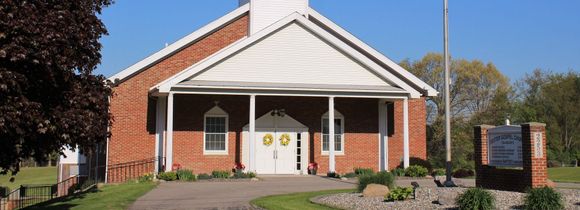Times & Location
SUNDAY
10:30am - Morning Service
6:00pm - Evening Worship
WEDNESDAY
6:30pm - Patch Club
6:30pm - Teen Program
6:45pm - Bible Study/Prayer
Dexter Gospel Church
2253 Baker Road,
Dexter, MI 48130

Livestream
Join Us Online!
We are livestreaming our Sunday Morning services at 10:30am and our Sunday Evening services at 6pm on YouTube! Click the button below to join us online, or show up in person this Sunday at 10:30am.

We believe in the power of prayer.
Prayer is an amazing gift we have been given by God. It’s not just about what we want, it's about getting to a place where we want what God wants for us! We want to pray alongside you for all that God has in store for your life.
If you have a prayer request, please let us know. Simply fill out this form and one of our staff will bring your concern before the Lord this week!
Prayer Request
Thanks for scheduling a visit.
We look forward to meeting you!
Please try again later

